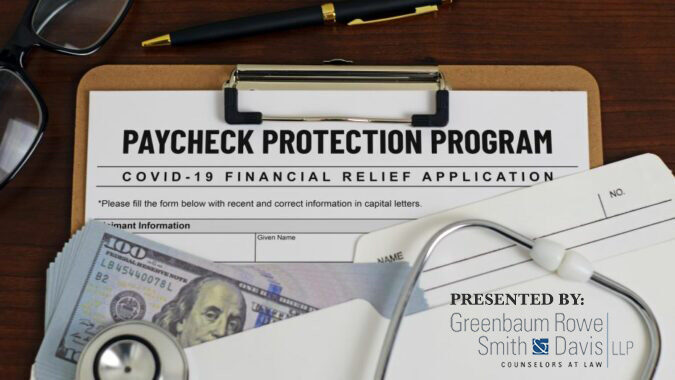The U.S. Department of Justice (DOJ) recently affirmed what many have suspected – that the federal government will continue to persistently pursue fraud related to the Paycheck Protection Program (PPP), the total of which is estimated to be as high as $80 billion. Federal prosecutors are calling this theft of taxpayer money “the largest fraud in U.S. history” as it represents approximately 10% of the $800 billion handed out to small businesses during the pandemic. Although many businesses and individuals benefitted by using their pandemic relief payments as intended, an expedited applicant vetting process driven by the urgency of the pandemic’s business impacts led to a relaxation of internal controls that increased the risk of PPP fraud and resulted in far too many business owners misappropriating funds.
In the course of the DOJ’s pursuit of PPP fraud prosecutions, it may become challenging for the government to discern between borrowers that intended and affirmatively acted to commit fraud and those that were well-intentioned but nonetheless failed to comply with this fast-tracked federal relief program. As a result, many unwitting borrowers may find themselves caught in the DOJ’s fishnet of fraud charges. Therefore, it is critical for those business owners who received PPP funds to immediately evaluate their compliance and potential exposure as the target of a federal investigation.
This program will provide critical information that ALL business owners who received PPP or other pandemic relief funds should have on their radar and be prepared to address, including:
- An overview of the federal government’s process for identifying and investigating potential fraud
- An update on the government’s prosecution of PPP loan fraud to date – and a look at where those efforts are headed
- How to respond if you receive a Request for Information from a government agency related to your pandemic relief funds
- The importance of proactively taking steps to review compliance, mitigate non-compliance, and address corrective measures and exposure to enforcement with the appropriate government agency

